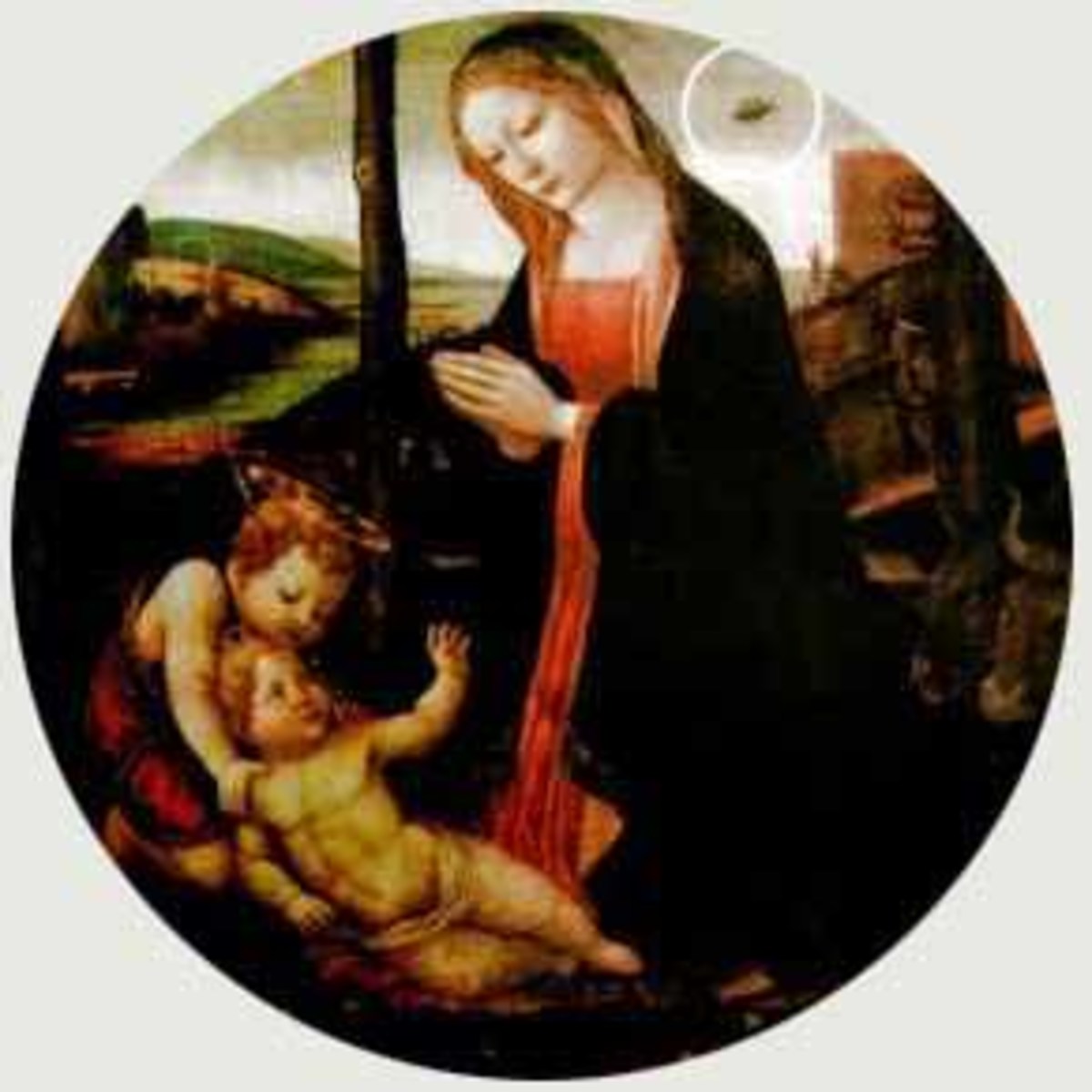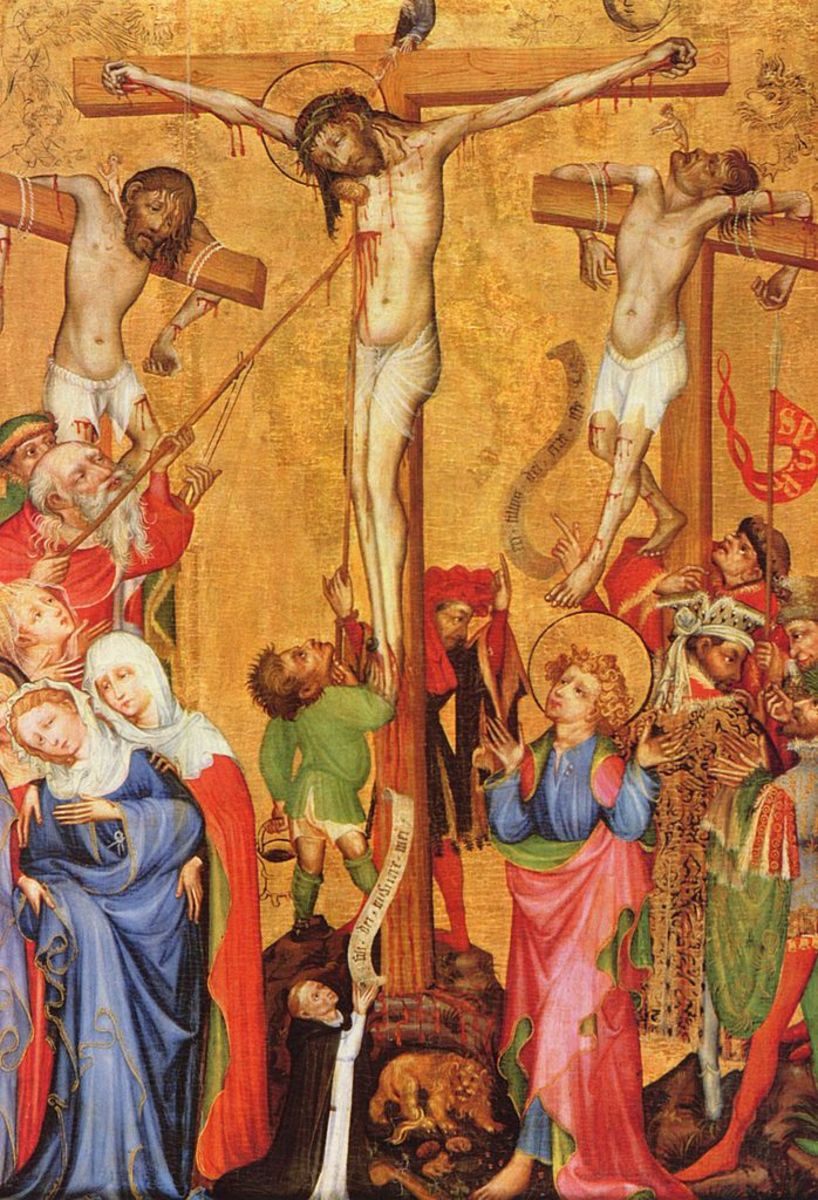Failed Doomsday Predictions Throughout History
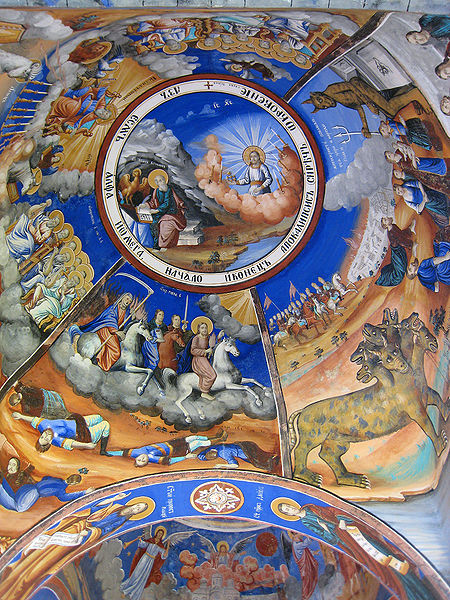
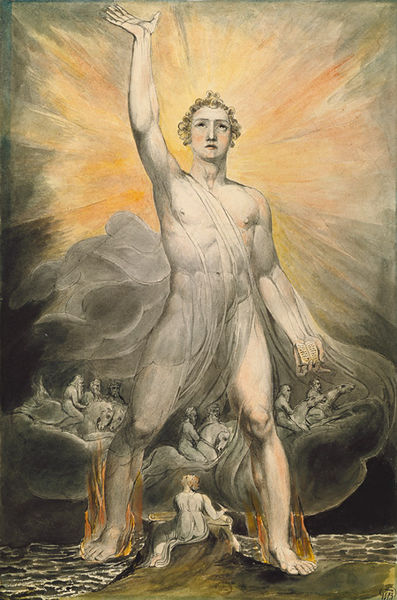
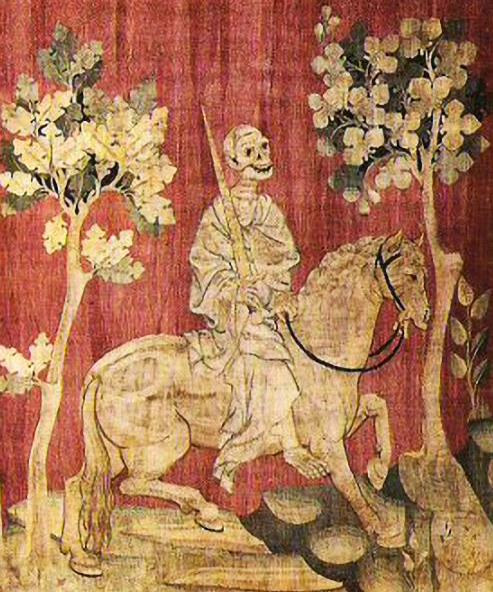
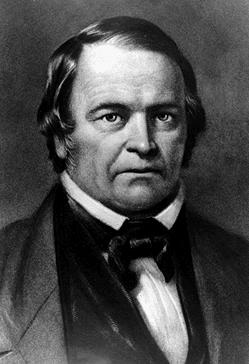
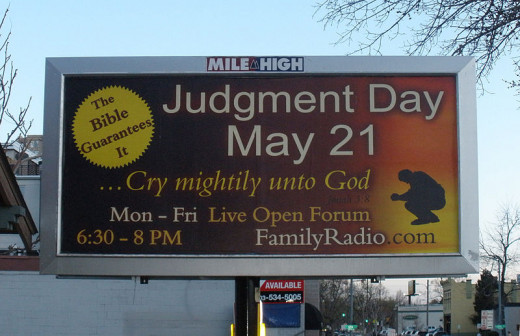
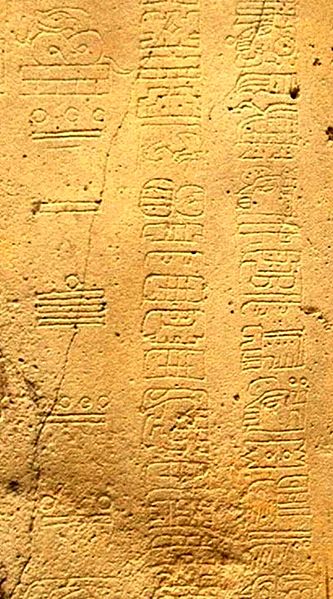
"It's the end of the world as we know it...
Fears of Armageddon have bedeviled humanity for centuries. Many would-be seers have tried and failed to predict when the world would end, embarrassing themselves and disappointing their followers. With December 21, 2012 passing uneventfully, it seems like a good time to look back at some failed Doomsday predictions from the past. Here is a small sample of some of the most notable doomsday predictions of the past two hundred-plus years.
1806 – A town in England was home to a very unusual prophet in the early nineteenth century. Many so-called psychics have predicted the end of the world over the years, but only one hen has attempted the feat. The Prophet Hen of Leeds laid eggs with the words “Christ is coming” written on them. Although a specific date was not given, it was widely assumed that the Second Coming would occur by the end of that year. Was this a sign from God, or merely a hoax? Obviously, it proved to be the latter. A local man had stolen the eggs, written the prophecy, and then reinserted them into the hen.
October 22, 1844 – Baptist preacher William Miller believed that the apocalypse was imminent. His interpretation of the Biblical scripture led him to predict, and later revise, several dates for when Armageddon would occur. He finally settled on 10/22/1884. His followers, the Millerites, fervently waited for this date, hoping to witness the second coming of Jesus Christ and ascend with him into Heaven. When this did not occur, the Millerites were crushed. Most of them became disillusioned and left the group. The incident became known as The Great Disappointment. Miller himself continued to believe that the apocalypse was right around the corner until his death in 1849.
February 13, 1925 – Margaret Rowen, a Seventh Day Adventist, claimed that the Virgin Mary appeared to her and warned her that the apocalypse would occur on this date. She later attempted to murder a man who tried to discredit her.
1936 – The creator of the Worldwide Church of God, Herbert W. Armstrong, initially believed that the world would end during this year. Like many others, he later revised his predictions, only to be proven wrong again. He made several other false predictions over the years during his career as a televangelist.
December 21, 1954 – A cult led by an Illinois housewife named Dorothy Martin claimed that the world would be destroyed by a massive flood on this day. Martin claimed to be able to communicate with beings from another planet through the practice of automatic writing. She told her followers that they would be saved from death by the aliens, who would whisk them away in a UFO. Martin’s believers sold their possessions, gave away their life savings, and even separated from their non-believing spouses in preparation for their intergalactic journey. After the flood failed to occur, Martin took credit, claiming that she and her followers had convinced God to spare the Earth.
February 4, 1962 – Psychic astrologer Jean Dixon claimed that a planetary alignment would destroy the Earth on this date. Dixon later revised her prediction to 2020, when she claimed that Jesus Christ would return to Earth to fight Satan and his minions.
March 26, 1997 – Marshall Applewhite, the leader of the infamous Heaven’s Gate cult, predicted that civilization would end on this day. He and his followers believed that a UFO was trailing the Hale-Bopp Comet and would soon arrive on Earth. All 39 members of the cult, including Applewhite himself, committed suicide at the same time. They believed that death would elevate themselves to a new level of consciousness and allow them to board the extraterrestrial spacecraft.
January 1, 2000 – Throughout the ‘90s, speculation grew that a catastrophic event would occur at the beginning of the new millennium. Bookstores were filled with books about “Y2K”, the computer meltdown that would supposedly destroy civilization. Several psychics and religious figures made apocalyptic predictions as well. Predictions of impending doom were everywhere. Obviously, it was much ado about nothing (some minor computer glitches aside) and Y2K was quickly forgotten.
May 21, 2011 – The world was going to end on this date. Evangelical radio host Harold Camping was sure of it. He was so certain that he created a widespread media campaign featuring billboards and signs proclaiming the approaching apocalypse. Some believers even sold all of their possessions in anticipation of the coming rapture. Instead, the usual pattern of disillusionment and anger occurred after 5/21/11 passed without incident. Camping then revised his prediction to October 21, 2011. When that date also failed to pan out, he announced that he would not be making any further predictions.
December 21, 2012 – There was going to be an alien invasion on this date. Or the Earth would be swallowed by a black hole. Or a huge asteroid would destroy our planet. Supposedly, the ancient Mayan calendar foretold the end of the world, or at least the beginning of a new era, on 12/21/12. Despite the discovery that the Mayan calendar actually extends beyond this date, fears about the apocalypse persisted. To the relief of some (and the disappointment of others) it turned out to be just another ordinary Friday.
...and I feel fine."
Links
- HowStuffWorks Top 10 Doomsday Prophecies
Doomsday prophecies have been around for centuries. Learn about 10 of the most famous doomsday prophecies. - 7 recent failed doomsday predictions | MNN - Mother Nature Network
Apocalypse never, or at least not right now: As people keep an eye on the Mayan calendar, we look back at a few (obviously) incorrect end-times prophesies. - Doomsday Averted; Long Live Doomsday Predictions | PBS NewsHour


